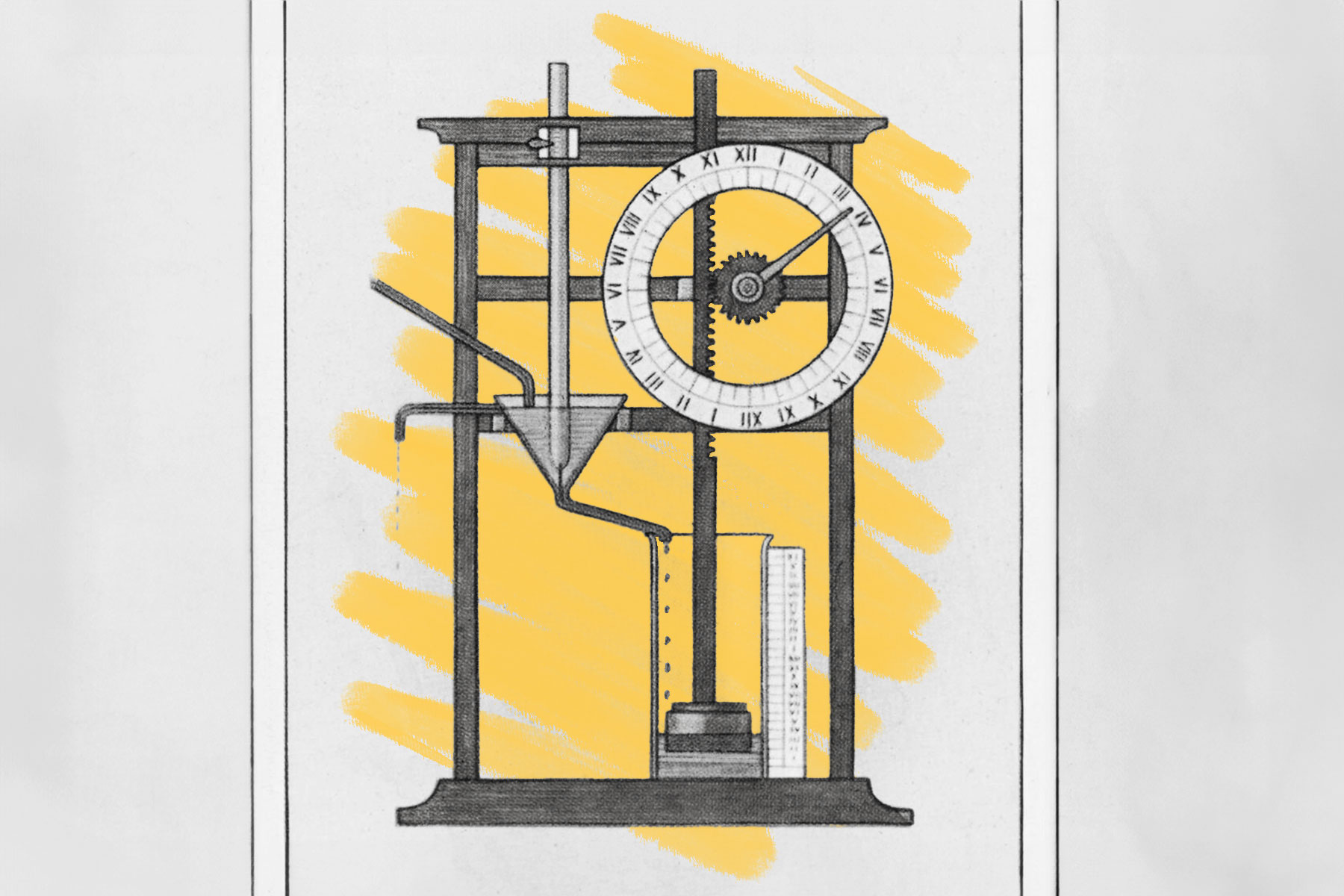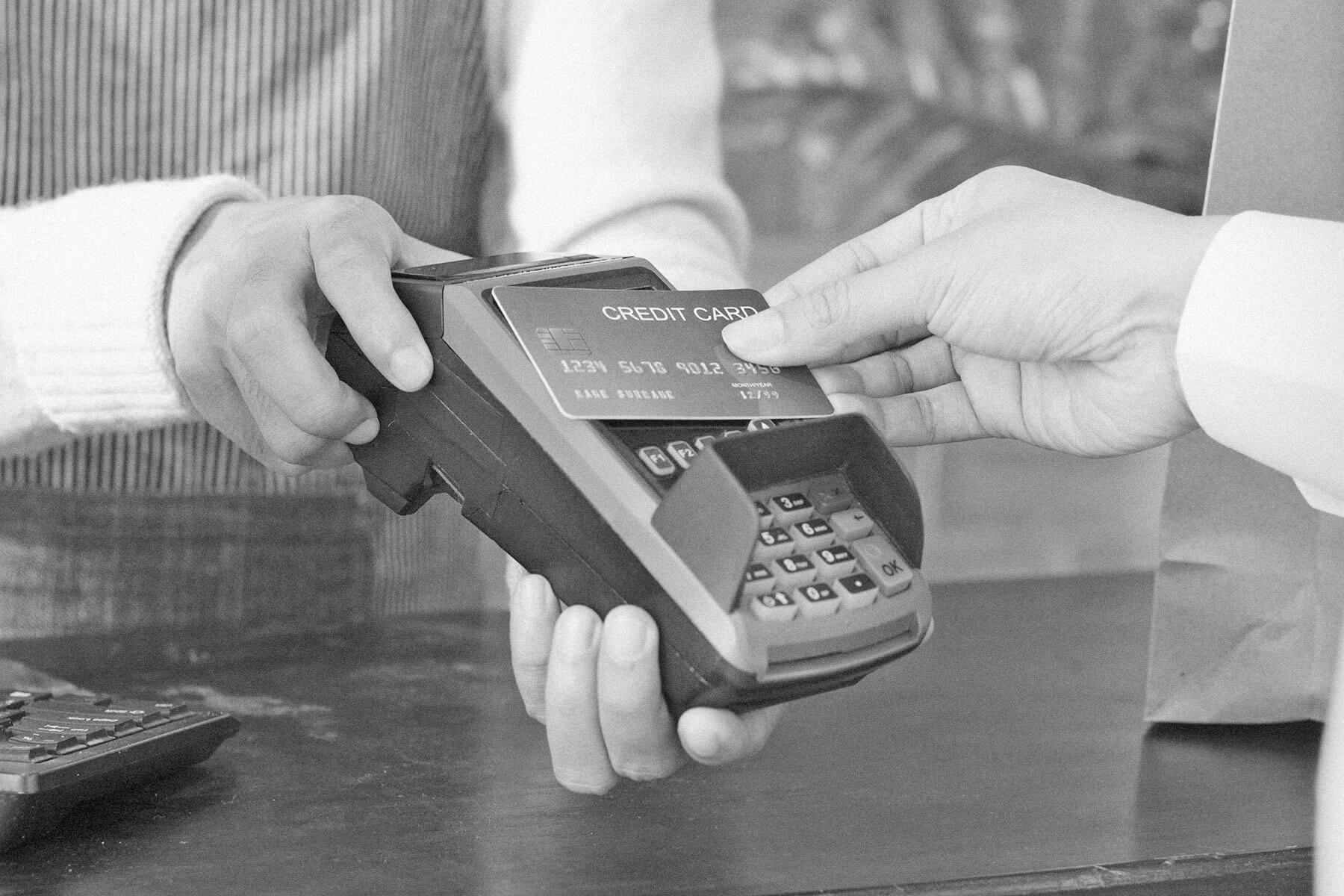 |
Ancient Greeks invented an alarm clock that used flowing water. |
Science & Industry |
 |
| |
| The philosopher Plato is credited with one particularly ahead-of-its-time innovation: In the fourth century BCE, he built a set of klepsydra alarm clocks meant to rouse the students at his academy. The clocks had two basins, one emptying into the other, and would run throughout the night. When the second basin filled with water in the morning, it would trigger a sound. One of the clocks had a container that made a whistling sound when air was forced out of it. Another had pebbles rigged over the second tank that would fall and rattle when it was full. Aristotle was a student at Plato's academy, so it's possible he was roused by these very clocks. In the third century BCE, Greek inventor Ctesibius of Alexandria took the design a step further. He added a top tank with an overflow valve that allowed a lower tank to rise to keep time, making little noises on the way up like a cuckoo clock. | |
 | |
 | |||||||||
By the Numbers | |||||||||
| |||||||||
| |||||||||
 | |||||||||
| |||||||||
Galileo used a water clock for scientific measurements. | |||||||||
| Italian scientist Galileo Galilei lived a couple hundred years after mechanical clocks were invented, but when he was conducting experiments on rates of acceleration, he relied on the accuracy of his water clock. He would time balls rolling down an inclined plane by allowing water to flow into a container, then weigh the water to compare different time measurements. At the time, mechanical clocks were far less accurate than they are today, and the water clock helped Galileo ensure he was comparing the time each ball took to roll down the incline as precisely as possible. | |||||||||
 | |||
Recommended Reading | |||
 | |||
| | |||
 | |||
| | |||
| + Load more | |||
| |||
| |||||||||
| Copyright © 2024 History Facts. All rights reserved. | |||||||||
| 700 N Colorado Blvd, #513, Denver, CO 80206 | |||||||||
|





No comments:
Post a Comment